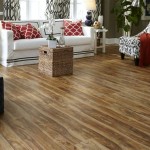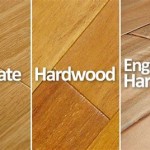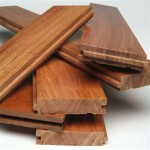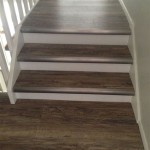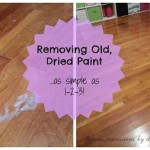How to Choose the Best Thickness for Engineered Hardwood Flooring
Engineered hardwood flooring is a popular choice for homeowners who want the look of hardwood without the high cost. It is made up of a thin layer of hardwood veneer bonded to a core of plywood or other stable material. The thickness of the hardwood veneer can vary, and it is important to choose the right thickness for your needs.
Factors to Consider
When choosing the thickness of engineered hardwood flooring, there are several factors to consider:
- Foot traffic: The thicker the hardwood veneer, the more durable the flooring will be. If you have a lot of foot traffic in your home, you will want to choose a thicker veneer.
- Subfloor: The condition of your subfloor will also affect the thickness of engineered hardwood flooring you need. If your subfloor is uneven or damaged, you will need a thicker veneer to hide the imperfections.
- Cost: Thicker engineered hardwood flooring is more expensive than thinner flooring. If you are on a budget, you may want to choose a thinner veneer.
Standard Thicknesses
Engineered hardwood flooring is typically available in three standard thicknesses:
- 3/8 inch: This is the thinnest option and is suitable for low-traffic areas.
- 1/2 inch: This is a good all-purpose thickness that is suitable for most homes.
- 3/4 inch: This is the thickest option and is the most durable. It is a good choice for high-traffic areas or homes with uneven subfloors.
Special Considerations
In addition to the standard thicknesses, there are also some special considerations to keep in mind when choosing the thickness of engineered hardwood flooring:
- Radiant heat: If you have radiant heat in your home, you will need to choose a thinner engineered hardwood flooring that is specifically designed for use with radiant heat.
- Transitions: If you are transitioning from engineered hardwood flooring to another type of flooring, you may need to use a thicker flooring to create a smooth transition.
- Stairs: If you are installing engineered hardwood flooring on stairs, you will need to use a thicker flooring that is specifically designed for use on stairs.
Conclusion
Choosing the right thickness for engineered hardwood flooring is important for ensuring that your flooring lasts for many years to come. By considering the factors discussed in this article, you can choose the best thickness for your needs.

The Optimal Thickness For Engineered Wood Flooring And Beyond Blog

How Thick Should Engineered Wood Flooring Be And Beyond Blog

6mm Wear Layer Thick Engineered Wood Flooring

Wear Layers On Engineered Flooring

Solid Wood Flooring Vs Engineered

What To Consider When Choosing Your Wood Flooring Thickness

What Is The Best Thickness For Engineered Wood Flooring

What Is Engineered Wood Flooring Made Of And Beyond Blog

What Is Engineered Wood Flooring Made Of And Beyond Blog

Recommended Thickness Of Engineered Wood Flooring Esb
See Also

